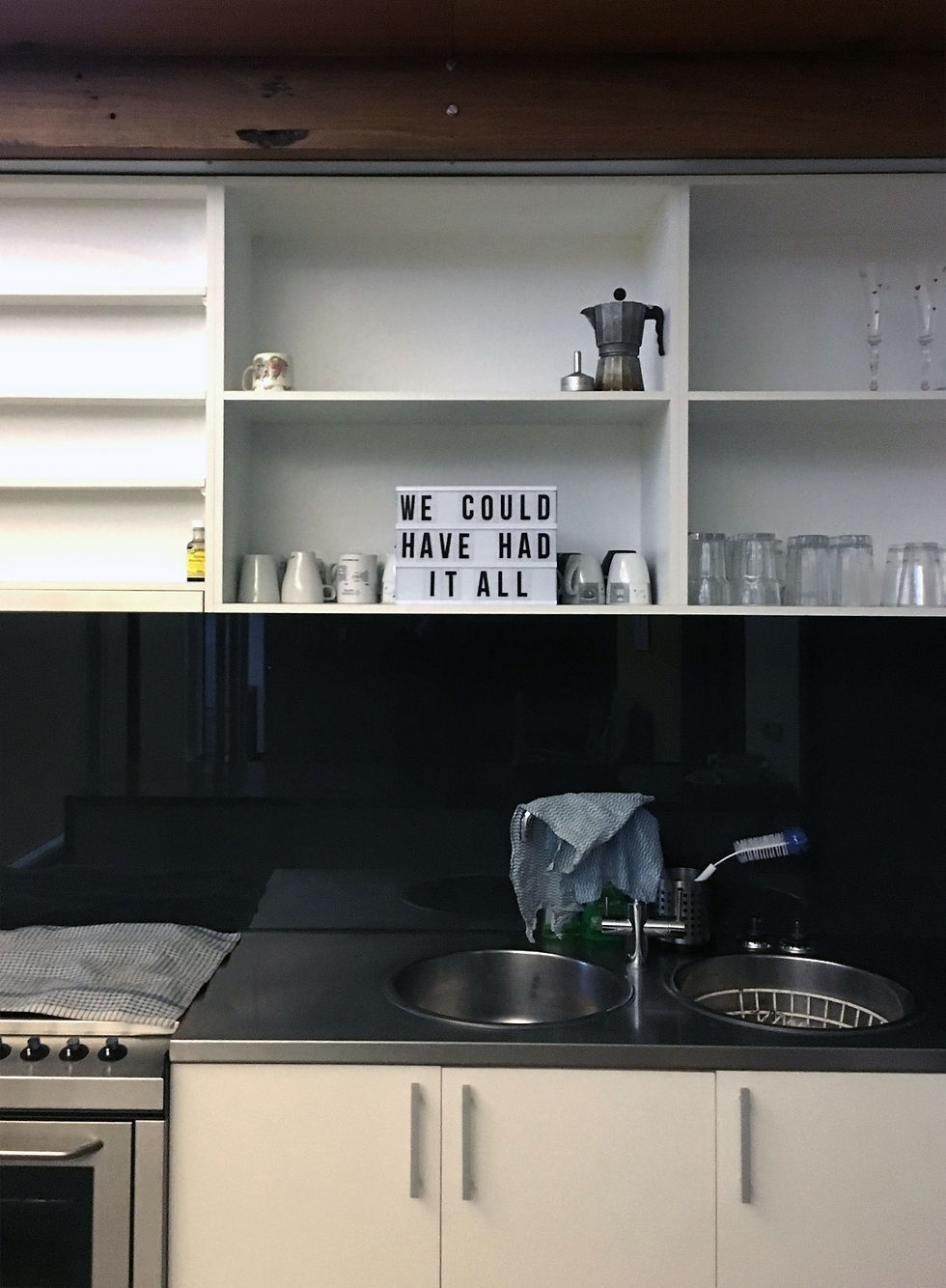Understanding Depression: A Personal Exploration
- Perennial Wellness Counseling Center

- Sep 17, 2024
- 3 min read
Updated: Jan 10, 2025
Feeling like you're carrying the weight of the world on your shoulders, yet invisible to everyone else around you. That's just one aspect of what depression can feel like. It's a complex emotional and mental state that affects millions of individuals worldwide. Today, we delve into the depths of depression, exploring its impact, its manifestations, and most importantly, how to navigate through its stormy waters.
What Does Depression Feel Like?
Depression is often described as a pervasive sense of sadness that lingers long after its initial trigger has faded away. It’s like being trapped in a dark tunnel with no light at the end. Some days, it feels like a heavy cloak of numbness surrounds you, making even the simplest tasks seem insurmountable. Other days, it manifests as a deep ache in your soul, a constant companion that refuses to be silent.
What Does Depression Look Like?
Depression can't always be seen on the surface. It lurks behind smiles, hides behind laughter, and conceals itself in plain sight. It's the friend who cancels plans last minute, the colleague who seems distant at work, or the loved one who withdraws into their shell. The signs of depression are often subtle, masked by societal expectations and personal coping mechanisms.
How Does Depression Impact Our Lives?
Depression is a thief of joy, robbing us of the ability to experience life to its fullest. It seeps into every aspect of our existence, diminishing our motivation, clouding our thoughts, and sapping our energy. Simple pleasures become distant memories, replaced by a sense of emptiness that refuses to dissipate. Relationships strain under its weight, careers falter, and self-esteem crumbles.
How Does Depression Impact Our Loved Ones?
The ripple effect of depression extends far beyond the individual experiencing it. Loved ones bear witness to our struggles, often feeling helpless in the face of our pain. They try to offer support, to lend a listening ear, but the chasm of depression can feel insurmountable. Relationships strain under the weight of unspoken words and unshared emotions, leaving both parties feeling isolated and adrift.
How to Cope with Depression?
While navigating depression is no easy feat, there are strategies that can help ease its grip. Physical movement , mindfulness , creative outlets , and establishing and using a support network are all vital components of self-care. Professional therapy can provide invaluable guidance and tools for managing symptoms and fostering resilience. Remember, it's okay not to be okay—it's okay to seek help.
How Can Therapy Help with Depression?
Therapy offers a safe space to unpack our thoughts and emotions, to explore the root causes of our pain, and to develop healthy coping mechanisms. A therapist can provide valuable insights, tools, and perspectives that empower us to navigate the labyrinth of depression with a sense of agency and purpose. Whether through cognitive-behavioral therapy , mindfulness and meditation practices , trauma therapy , or other modalities, the path to healing begins with seeking help.
As we navigate the turbulent seas of depression, remember that you are not alone. Reach out to loved ones, seek professional help, and above all, be gentle with yourself. Depression is a formidable foe, but with patience, self-compassion, and support, its shadows can be gradually lifted.
Let's walk this path together, one step at a time, towards healing and hope.
Remember, it's okay to not be okay. You are worthy of support, of love, and of healing.
In this article, we have explored the nuances of depression, shedding light on its impact, manifestations, and coping strategies. If you or someone you know is struggling with depression, know that help is available and that brighter days lie ahead.




Comments